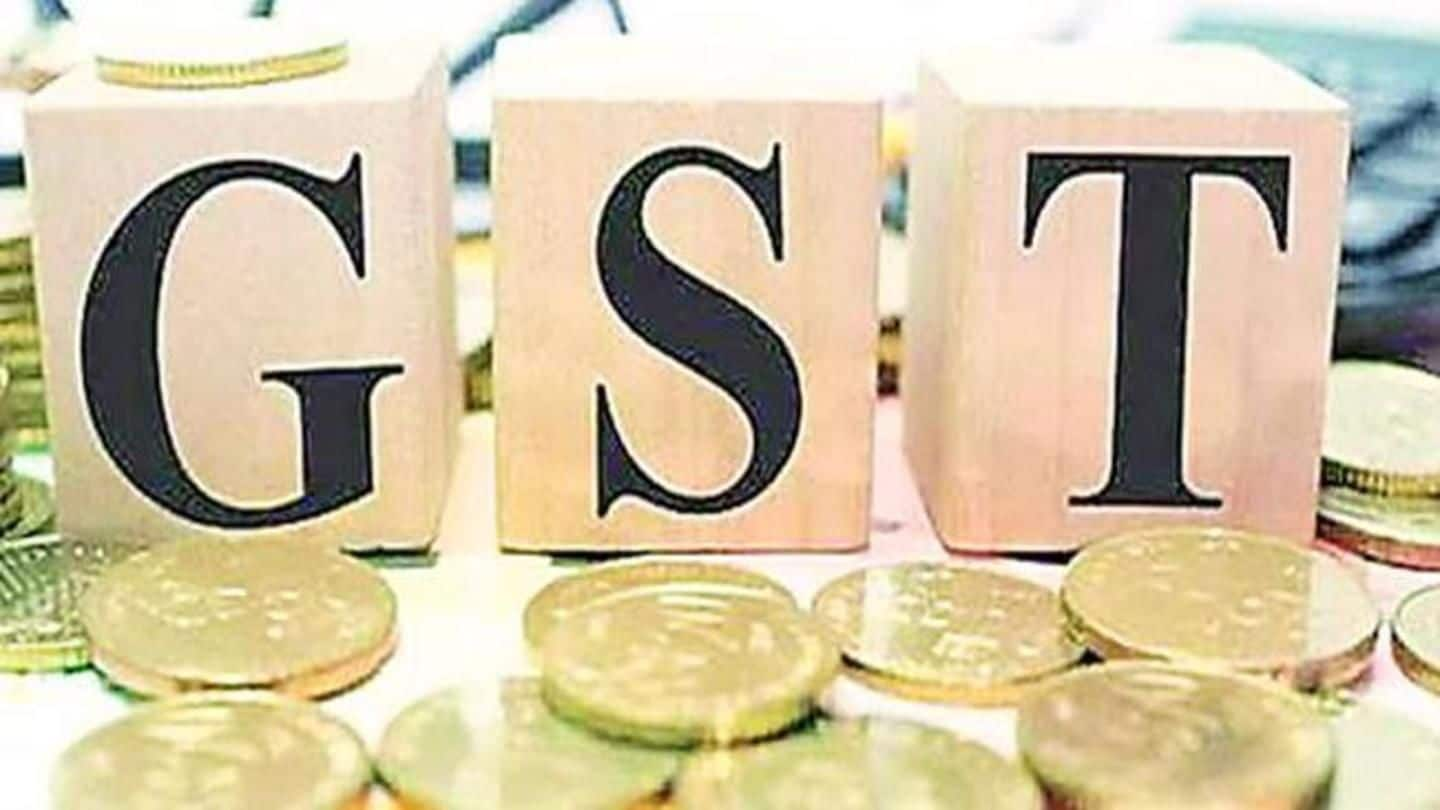
GST completes 1 year today: How did your life change?
What's the story
On July 1, 2017, Prime Minister Narendra Modi's government had implemented the Goods and Services Tax (GST) across the nation. Today, this historic tax reform completes one year of its implementation. In this one year, what has changed in India? And more importantly, did your bills reduce, as promised? Here's the report card of its 1st-year performance.
Positive #1
First things first, inflation didn't rise
It was widely feared that GST would lead to an increase in inflation. However, that didn't happen, and thankfully so. The five tax slabs (0%, 5%, 12%, 18% and 28%) of GST helped government in keeping the incidence of tax unchanged, thereby maintaining the total levy close to the previous rate. The unaltered tax incidence kept inflation under control.
Positive #2
GST abolished octroi check posts, created seamless national market
The roll-out of GST abolished the octroi check posts, which previously used to collect tax from commercial vehicles for entry in a state. This did not only help in reducing the logistics costs of goods and ultimately the final price borne by the consumers, but also helped the states in removing the transportation barriers between them.
Positive #3
GST has increased the indirect taxpayer base by over 50%
The implementation of GST has reportedly added over 34 lakh businesses under the ambit of taxation, increasing the indirect taxpayer base by over 50%, thus shooting up the revenues of the government. Also, India's monthly GST collections surpassed Rs. 1 lakh crore for the first time ever in April this year. One can also say that formalization of the Indian economy has started under GST, albeit slow.
Setback #1
But did GST reduce your bill amounts as promised? No
However as far as the life of a common man is concerned, we have not seen much results in terms of reduction of our bill amounts. We neither experienced a reduction in our household expenditures nor witnessed a cut in the restaurant bills. This observation has also been substantiated by the survey conducted by LocalCircles.
Challenge #2
Unsurprisingly, the system is full of compliance glitches
India's GST system is highly complex in comparison to the single-tax regime of various other nations. Although it has been touted as 'Single Nation, Single Tax', it has one of the largest number of tax slabs in the world. Moreover, GST's compliance mechanism is full of IT-related glitches. These bottlenecks repeatedly resulted in extended due dates for GST compliances throughout the year.
Challenge #3
Petrol, real estate, power still outside the ambit of GST
The government aimed at bringing all goods and services under a common taxation umbrella; however, petroleum products- petrol, diesel, natural gas, and airline turbine fuel, real estate and power still remain outside its scope. This has again defeated government's agenda of giving a single tax to the entire nation. Our final verdict is: GST was a great idea, its implementation not so much.